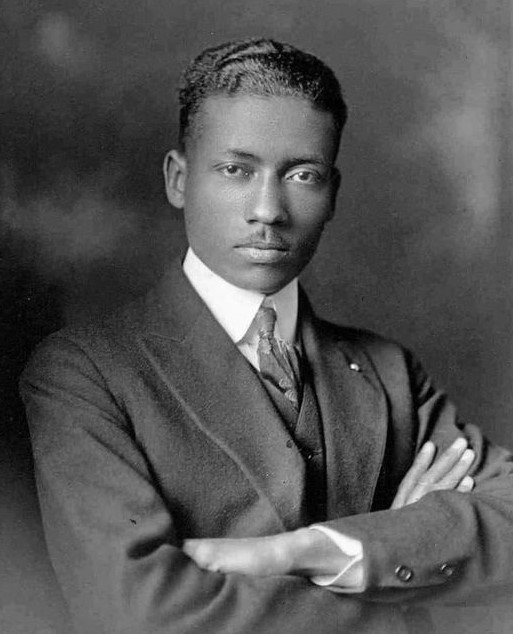Lorenzo Dow Turner (August 21, 1890 – February 10, 1972) was an African-American academic and linguist who did seminal research on the Gullah language of the Low Country of coastal South Carolina and Georgia. His studies included recordings of Gullah speakers in the 1930s. As head of the English departments at Howard University and Fisk University for a combined total of nearly 30 years, he strongly influenced their programs. He created the African Studies curriculum at Fisk, was chair of the African Studies Program at Roosevelt University, and in the early 1960s, cofounded a training program for Peace Corps volunteers going to Africa.

Born in Elizabeth City, North Carolina, on October 21, 1890, Turner was the youngest of four sons of Rooks Turner and Elizabeth Freeman. His father completed his master’s degree at Howard University, although he had not begun first grade until he was twenty-one years old. His mother gained the education allowed to black women at the time (six years). Two of Turner’s brothers earned degrees in medicine and law. Turner’s family’s strong emphasis on education inspired him and helped him achieve academic success.[citation needed]
Turner earned a bachelor’s degree from Howard University in 1914 and later as master’s degree from Harvard and a Ph.D. in English literature from the University of Chicago. He taught at Howard University from 1917 to 1928, and during his last eight years, he served as Head of the English Department. After leaving Howard, he founded the Washington Sun newspaper, which closed after one year. He also taught Zora Neale Hurston when she was a student at Howard University. Hurston describes him as a major influence on her. She also adds that: “He was tall, lean, with a head of wavy black hair above his thin,aesthetic, tan-colored face. He was a Harvard man and knew his subject. His delivery was soft and restrained. The fact that he looked to be in his late twenties or early thirties at most made the girls conscious of shiny noses before they entered his classroom”.
When Turner finally published his classic work Africanisms in the Gullah Dialect in 1949, he made an immediate impact on established academic thinking. His study of the origin, development and structure of Gullah was so convincing that scholars quickly accepted his thesis that Gullah is strongly influenced by African languages. He showed the continuity of language and culture across the diaspora. Many scholars have followed Turner over the years in researching the African roots of Gullah language and culture. He created a new field of study by his work and an appreciation for a unique element of African-American culture.




